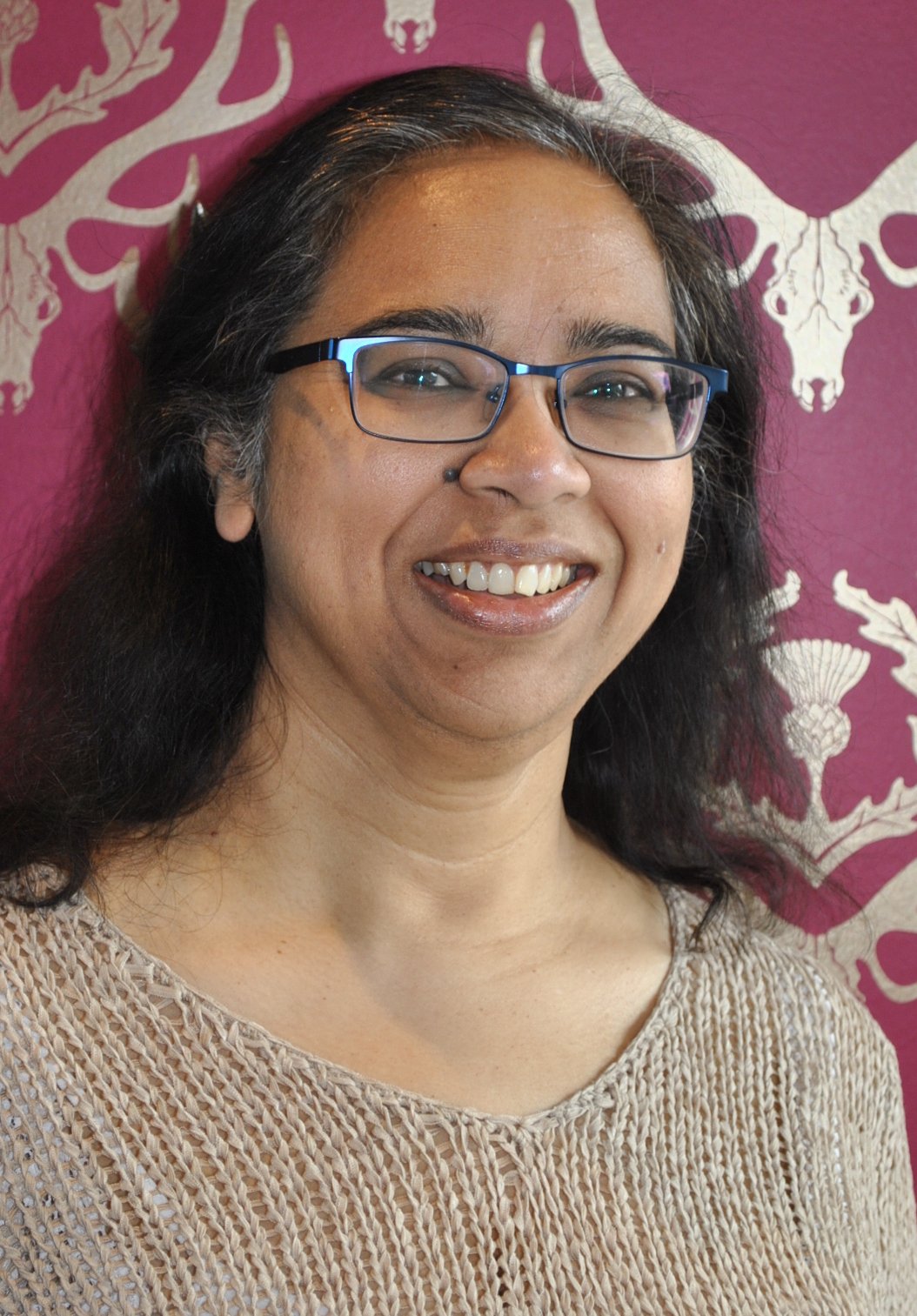Impact case: Supporting family caregivers through mobile app
As populations grow older, dementia becomes more common all over the world. Family members are often the first-hand caregivers to those afflicted. It is a job that can put a lot of strain on the individual. Caring in Community Care seeks to support these caregivers to sustain their health and quality of life with a mobile app.

"When you talk about the consequences of ageing, you can’t only talk about the older persons. You must also include the ones giving them daily care," says Zarina Nahar Kabir.
"Close family members, like spouses, daughters or sons are often those that provide this daily care. Even with regular support from professional caregivers it can entail loneliness, stress, and a risk of developing depressive and anxiety symptoms."
Zarina Nahar Kabir is the leader of the research group Caring in Community Care. One of the groups research projects is to support family members to persons with dementia with a digital tool.
The app can provide support for self-care, in the form of mindfulness exercises. It contains a collection of web-links with sources for information on aging and its challenges and relevant support.
Connect with the local municipality
There is a diary function for reflections and thoughts, and it also comes with a chat function where the family caregivers can seek support from and connect with the local municipality. This is a central feature, since the service of Anhörigstöd ('Family member support' at the municipality), is an active participant in the project.
"It has been important from the beginning to collaborate with the stakeholders, so they are part of the research all the way, and have ownership of the results," says Zarina Nahar Kabir. "I think we have to reduce the distance between the research and those we are doing the research for."
After an intervention study in Stockholm, qualitative data shows that the participants were very responsive to the app, and that it has given them a sense of security and calmness. When the dataset is complete there will be quantitative measures of stress reduction, effect on depressive symptoms and perceived quality of life among the caregivers.
Keen interest in the project
"We will also be able to see the analytics of the app, like the times it is used, and what kind of topics come up during the chat between caregivers and the anhörigstöd. That means that we will learn more about the situation for the family caregivers," says Zarina Nahar Kabir.
Research is ongoing but the impact is already showing by the number of municipalities in Sweden that has shown a keen interest in the project.
Experience of the Swedish experience has also led to similar research to support family caregivers in Malaysia and India.
"Many want to try it, but the research is not finished yet. We need the quantitative data to see the effect before we can move on," says Zarina Nahar Kabir. "I want to be very clear. I am a strong believer in family care. We are still a far cry from curing the diseases, but if we can target the family caregivers, everyone’s life will be improved."
Key takeaways
- Involve stakeholders from the start. Collaborating with municipalities early ensured relevance and ownership of the results.
- Design for real-life needs. The app was tailored to caregivers’ emotional and practical challenges, increasing engagement and perceived value.
- Use qualitative and quantitative feedback. Combining user feedback with usage data helped demonstrate early impact and guide further development.
